TRANSPOSITIONS
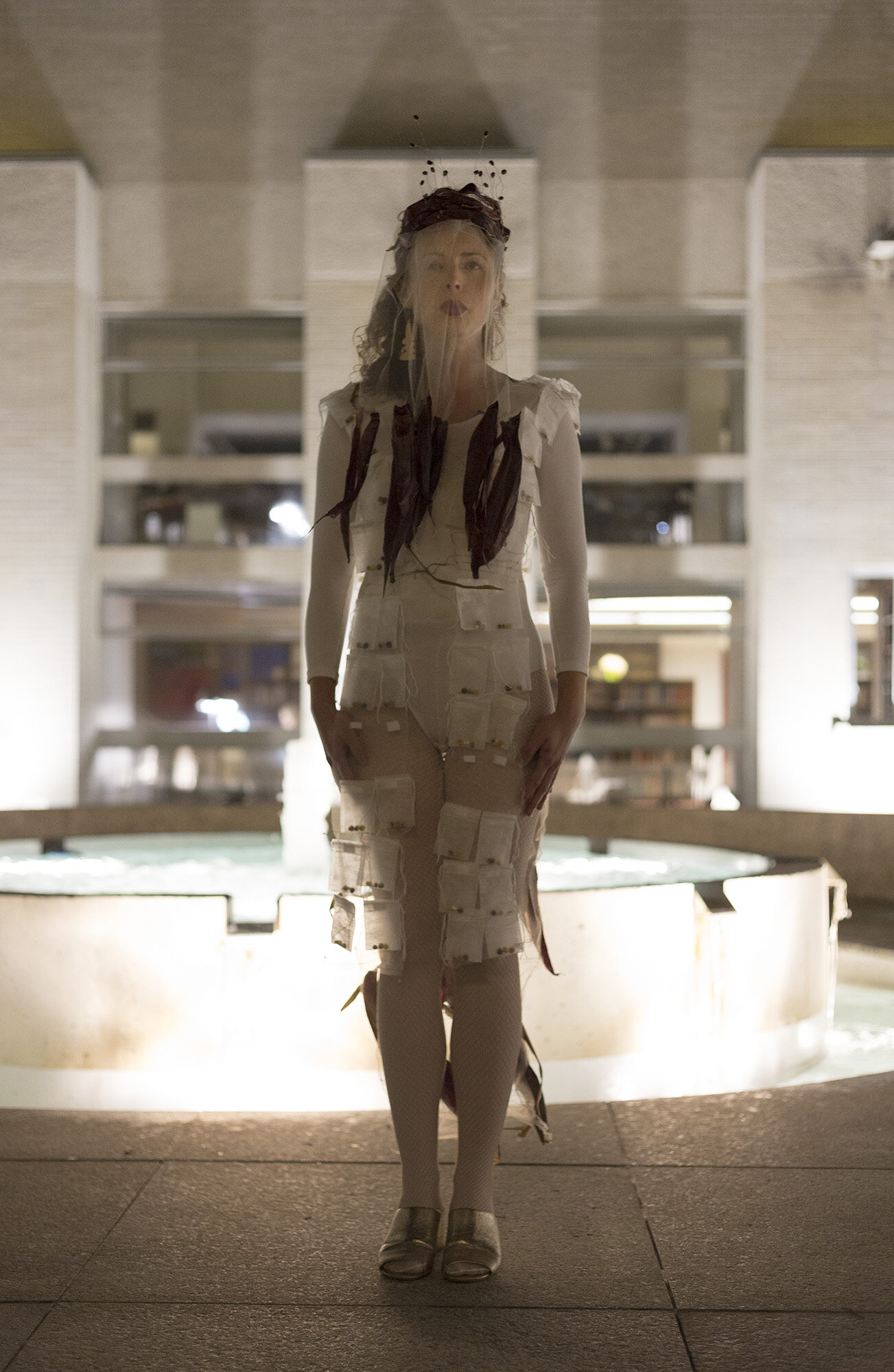
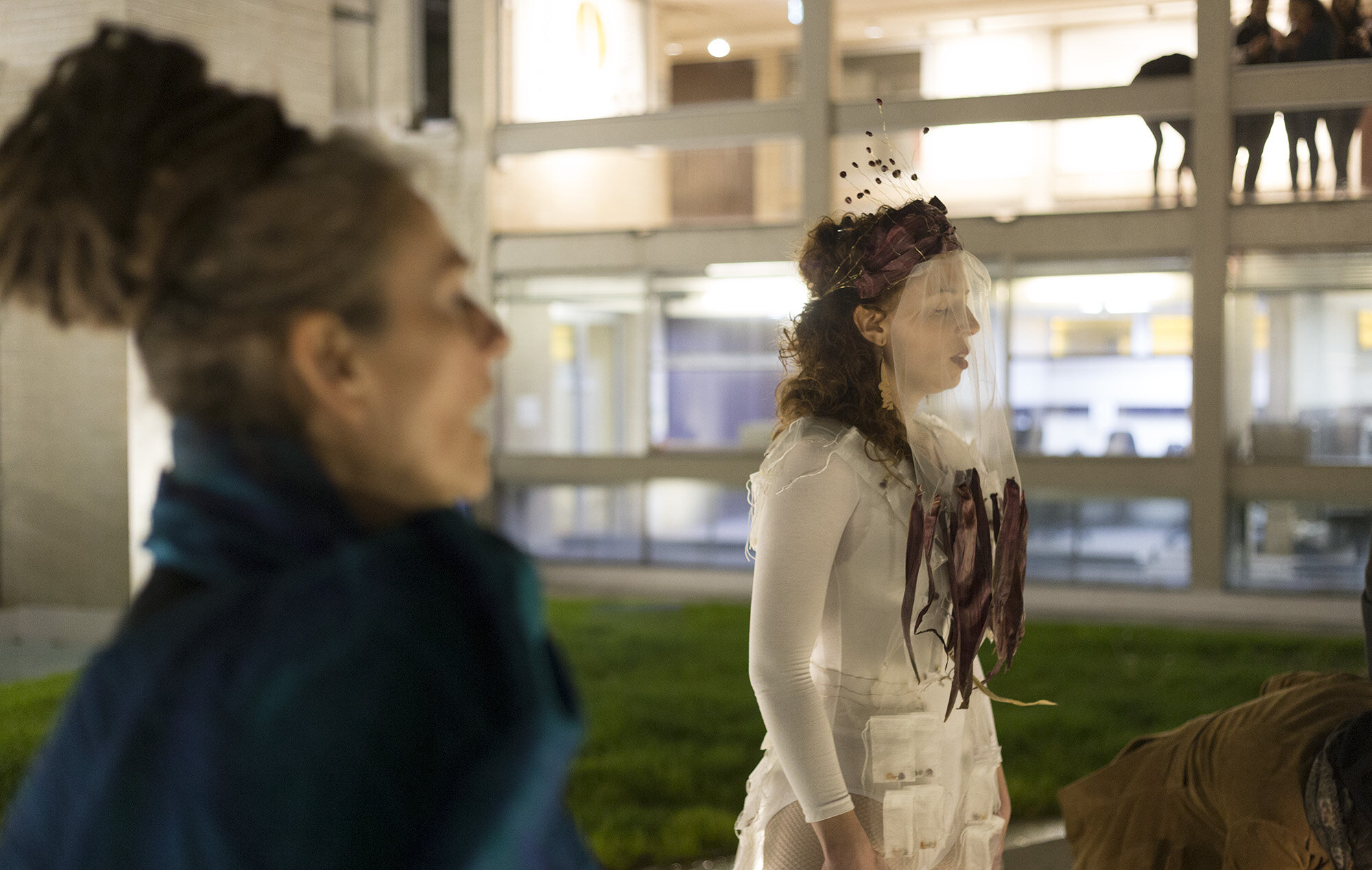
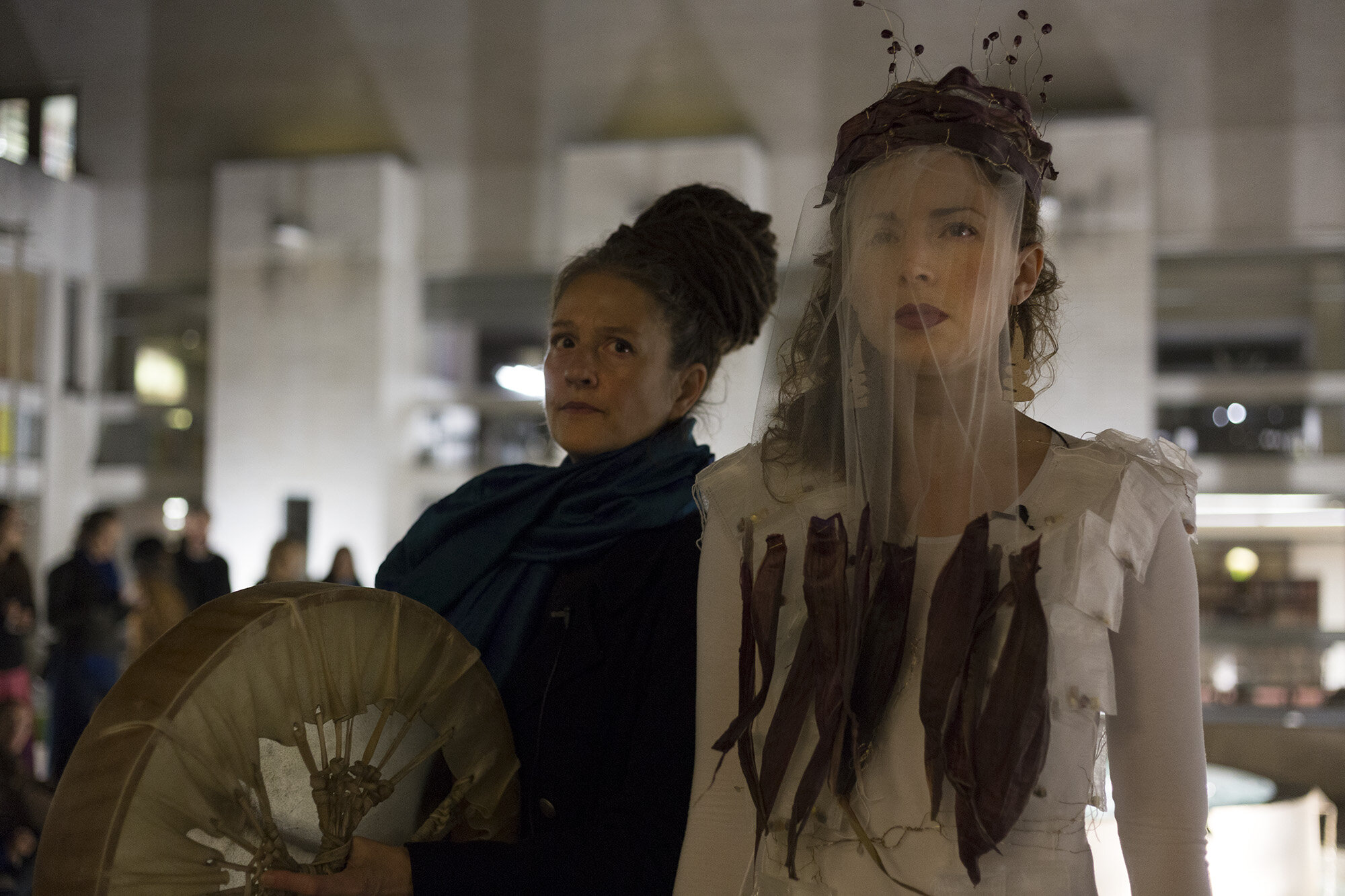
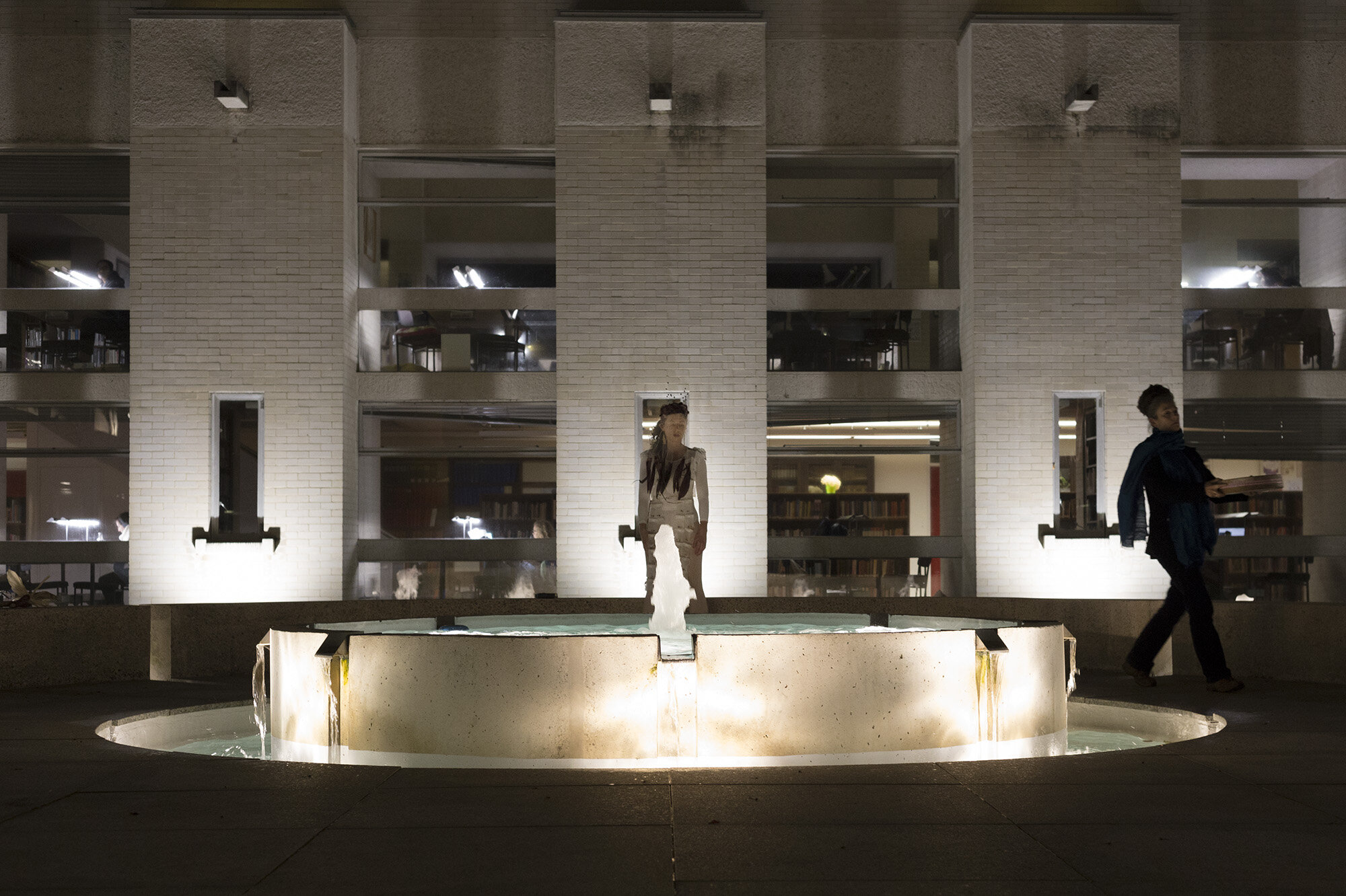
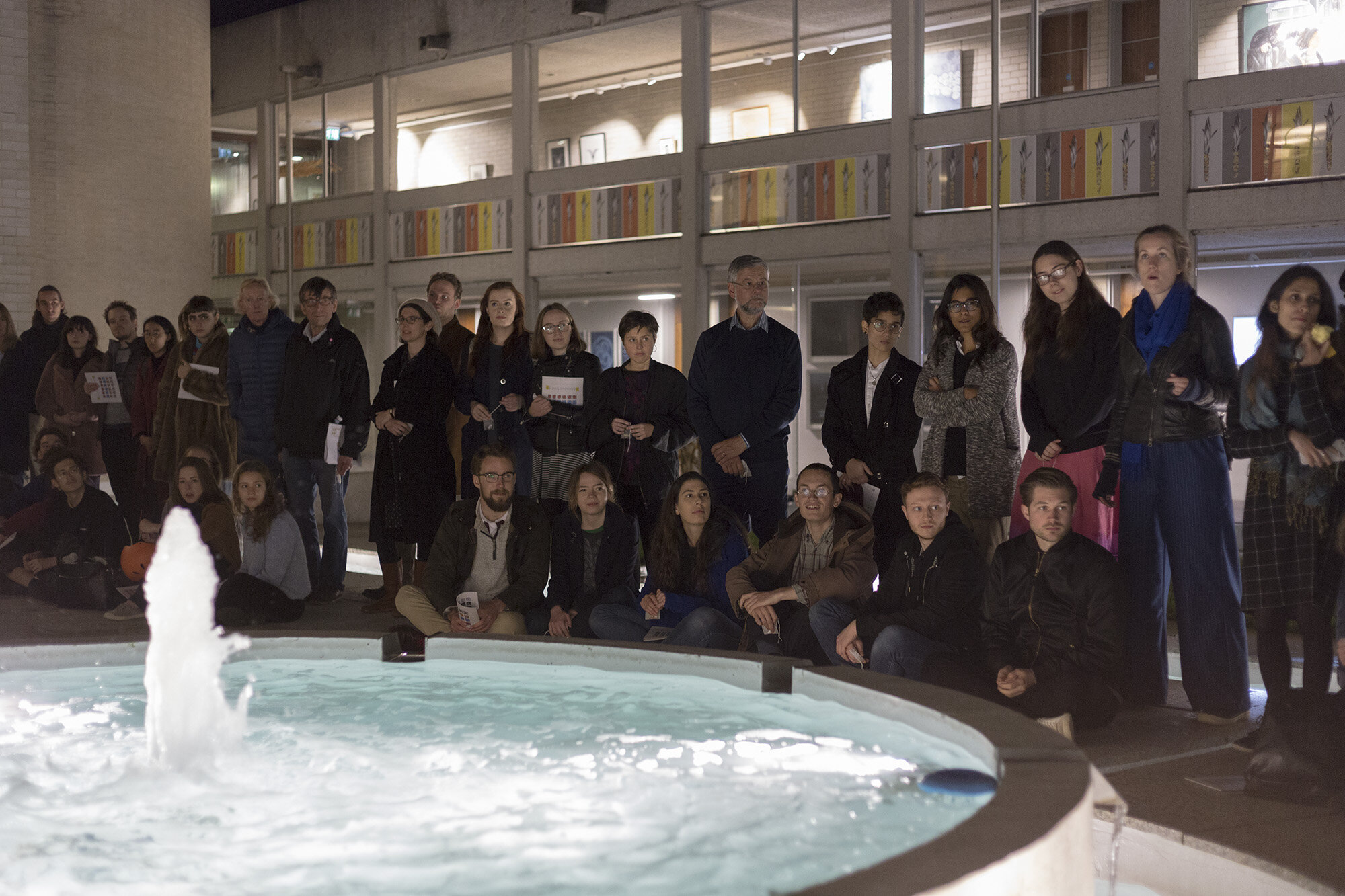
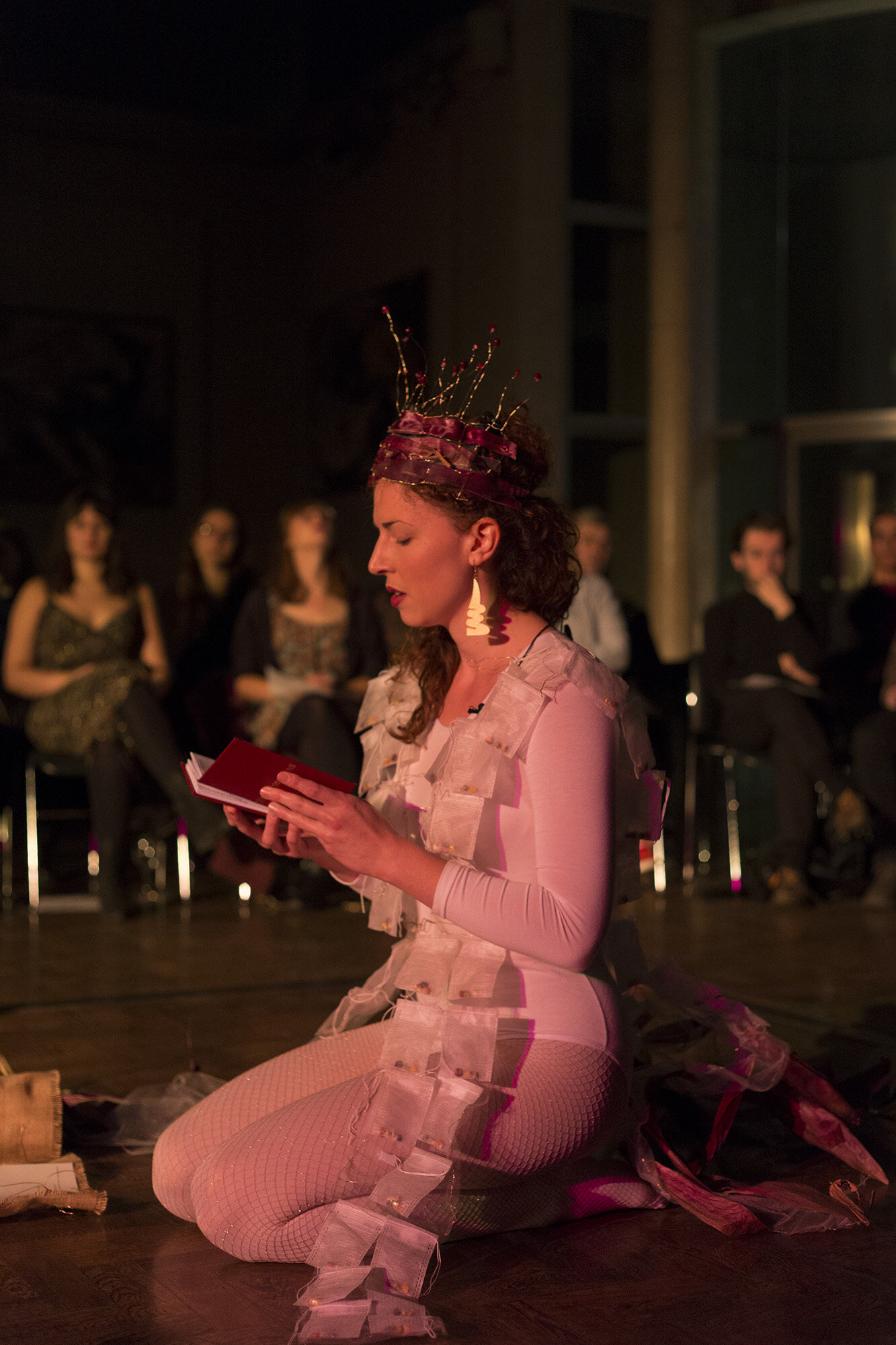
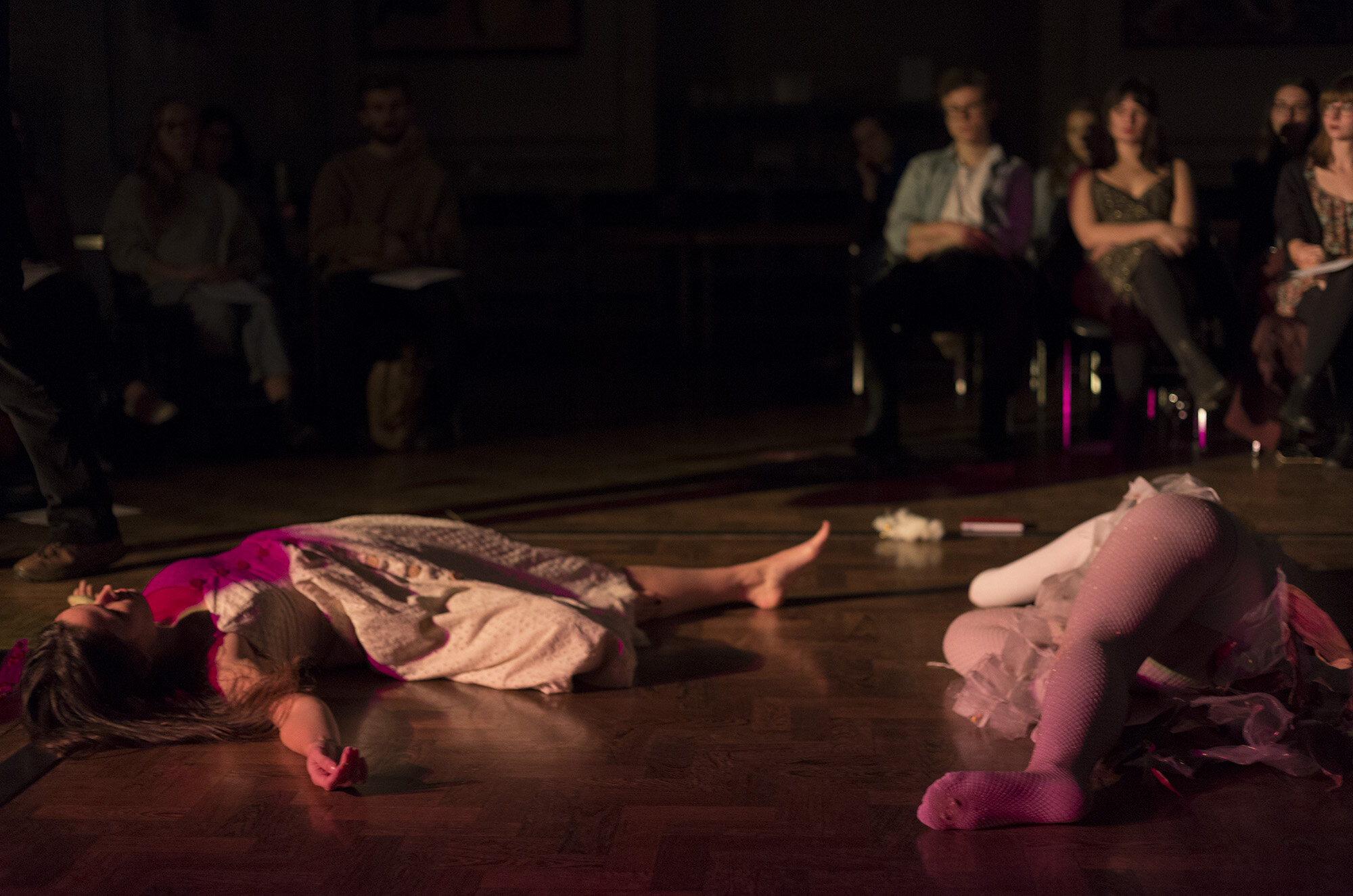
Performance, video, sound piece, artist book
TRANSPOSITIONS (2018-2019) was a multimedia project that consisted of a performance, a video, an artist book, and a sound piece. The work takes inspiration from the geneticist Barbara McClintock’s discovery of transposition, so-called ‘jumping genes’, in her experiments with maize. In genetics, transposition describes horizontal gene transfers, not from parent to offspring but, for example, from one organism to another through copying, implanting, and inserting. Transposition also describes the deletion, imbrication, and shifting positions of genetic material within a chromosome. In music, transposition means to translate a melody, chord, or interval into a different key.
The poetic text, performance, and a concertina artist book were structured around seven metaphorical transpositions. The work reflects on the concept and choreography of transposition, feminist and queer kinship, kinship beyond the family and across species, the ritornello, and the cross-pollinating possibilities of flowery metaphors and of planting queer objects. Part of a set of seven, each artist book was used as a prop in performance and—when unfolded—formed tiles in an abstract field, thus making a portable cornfield. The format of the book was inspired by Elisabeth Tonnard’s One Swimming Pool (2013), in turn inspired by Ed Ruscha’s Nine swimming pools and a broken glass (1968, printed 1976).
Text, concept, video, performance, installation: Sophie Seita
Sound piece: Sophie Seita (spoken text and vocals). Music creation, production and engineering, vocals and instruments by Caroline Smart. The sound piece is supported by a live ritual conceived, realised, and recorded by Caroline Smart in October 2018.
Costume and artist book: designed by Jasmine Brady
Dance: Sophie Seita and Sarah Kelly
Originally commissioned by Sarah Franklin, Lucy van de Wiel, Harriet Loffler, Eliza Gluckman, and Sarah Greaves, for the exhibition Reproductivities at the Women’s Art Collection, and funded by the Wellcome Trust and the Cambridge Sociology Department.
From the exhibition catalogue: ‘Linking in vitro cell technologies, horticulture, photography, painting and performance, the exhibition asks not only how biotechniques such as IVF (in vitro fertilisation) or genetic modification are understood, but how they introduce new ways of seeing ourselves and our world.’
Performance:
New Hall Art Collection (now: Women’s Art Collection), Cambridge, 2018.
Photos: Wilf Speller
Installation:
Art Night, London, 2019
Collections (for artist book):
Chelsea College of Art
Women’s Art Library, Goldsmiths
Press:
Time Out London
Publication:
An extract appeared in Rise & Repeal: A Poetic Archive of the 8th Amendment, ed. Sarah Brazil & Sarah Bernstein (Sad Press, 2019). Proceeds go to the Abortion Support Network and other charities supporting women’s reproductive rights.